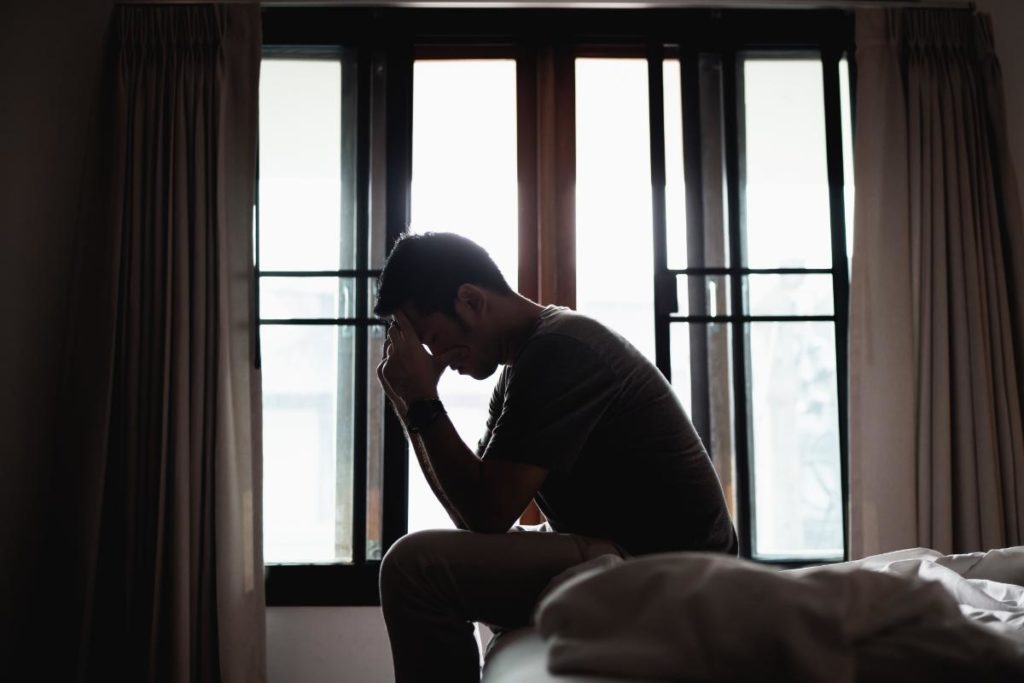Opioid abuse is a significant issue in the United States, with an estimated two million Americans suffering from opioid dependence. Several opioids are commonly abused, each of which has its own unique risks and dangers. Understanding these drugs and their effects can help you make better decisions about your health and well-being.
At Footprints Beachside Recovery in Treasure Island, FL, we provide the treatment and support needed to overcome opioid addiction. We offer a variety of services tailored to meet the individual needs of our clients. Contact us today at 727-954-3908 to learn about our opioid rehab program. We can help you achieve the life you deserve.
Opioid Dependence
Opioid dependence is when people become physically and psychologically dependent on opioids. Opioid-dependent people often have difficulties functioning normally without the drug. They may experience withdrawal symptoms when they attempt to stop taking opioids, such as nausea, vomiting, sweating, and muscle aches. It is essential to seek professional help if you are opioid-dependent and want to stop taking the drugs.
The Most Commonly Abused Opioids
Opioids are powerful drugs that affect the body’s central nervous system by binding to opioid receptors in the brain. This binding produces various effects, including pain relief, sedation, euphoria, drowsiness, slowed breathing rate, confusion, and constipation. Some of the most commonly abused opioids include:
Heroin
Heroin is an illegal opioid derived from morphine. It is often injected intravenously or smoked as “chasing the dragon” but can also be snorted or ingested orally as pills or powder. Heroin use is associated with numerous side effects, such as:
- Nausea and vomiting
- Changes in heart rate
- Insomnia
- Impaired judgment
- Respiratory depression
- Coma
- Seizures
- Death due to overdose
Heroin requires professional treatment for addiction and withdrawal.
Oxycodone
Oxycodone is a painkiller prescribed for moderate to severe pain relief. Common side effects include:
- Dizziness
- Drowsiness
- Headache
- Nausea
- Vomiting
- Constipation
- Dry mouth
- Difficulty urinating or passing stool
- Blurred vision
- Sweating/flushing/itching skin rash
- Shallow breathing or slow heartbeat
- Confusion
- Hallucinations
- Aggression
- Overdose death
It is available in both immediate-release (IR) tablets that provide quick relief from pain symptoms as well as extended-release (ER) tablets that provide sustained release over 12 hours or more.
Hydrocodone
Hydrocodone is another type of prescription opioid used for pain relief that can also be abused recreationally for its euphoric effect on users. Side effects associated with hydrocodone use include:
- Dizziness and drowsiness
- Nasua
- Dry mouth
- Sweating
- Blurred vision
- Swelling of face, throat, tongue, and lips
- Shallow breathing or slow heartbeat
- Chest pain
- Death due to overdose
It comes in tablet form as well as liquid solution form (Vicodin).
Fentanyl
Fentanyl is a synthetic opioid analgesic used primarily for anesthesia during surgery but can also be used to treat severe chronic pain conditions such as cancer. It is usually administered through injection but may also be taken orally or transdermally through patches placed on the skin. Fentanyl carries all the same risks associated with other opioids like heroin and oxycodone but may have even more serious consequences due to its potency. It’s up to 100 times stronger than morphine.
Find Healing from Opioids at Footprints Beachside Recovery
Understanding what opioids are most commonly abused—and their associated risks—can help you make informed decisions about your health and well-being. Footprints Beachside Recovery understands how difficult it can be when the most commonly abused opioids take over a person’s life.
We offer specialized services tailored towards helping our clients achieve lasting recovery from addiction so they can live healthy lives. Take the first step today by contacting us now for more information about our opioid rehab program. Call us at 727-954-3908 or fill out our secure online form.



